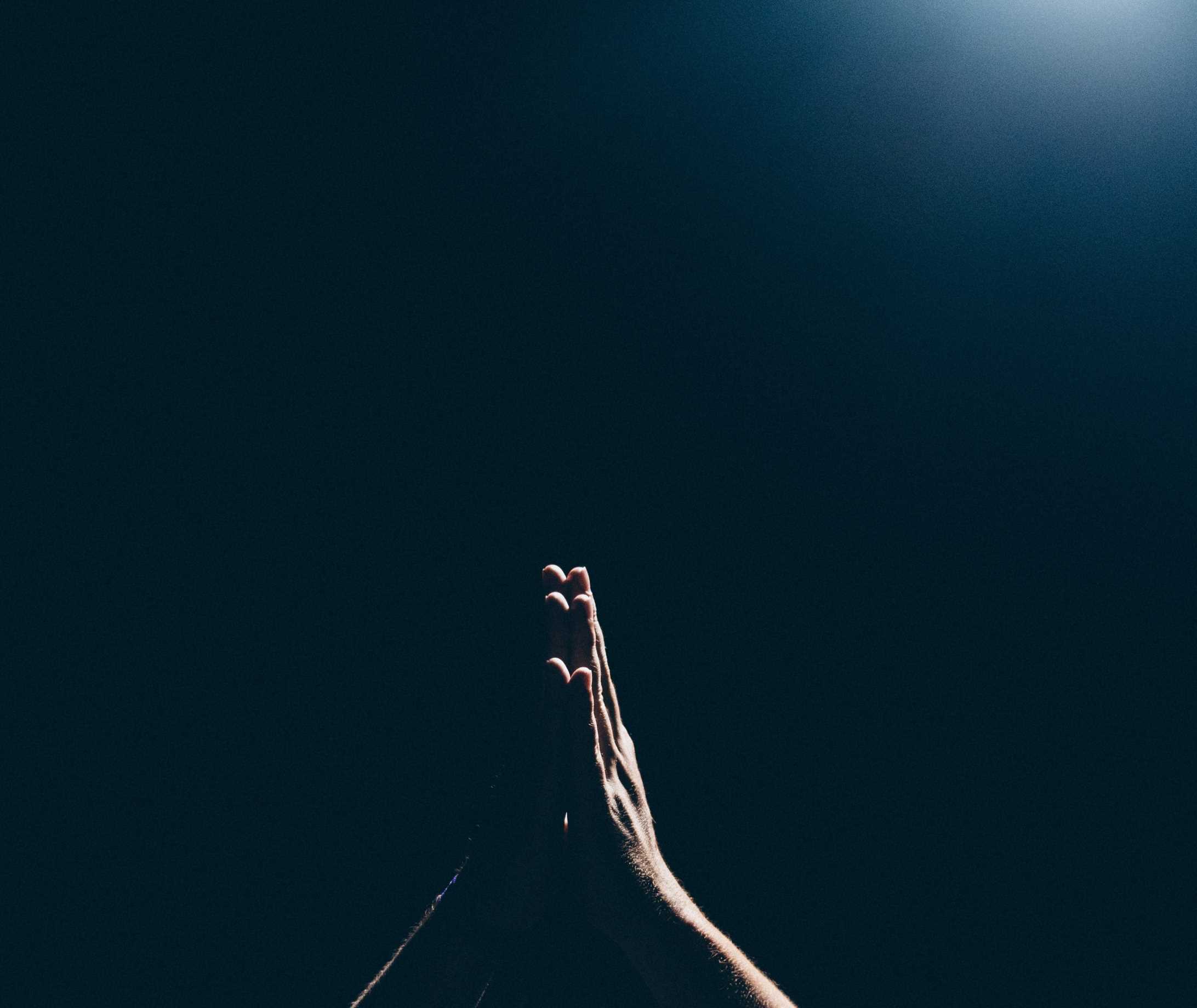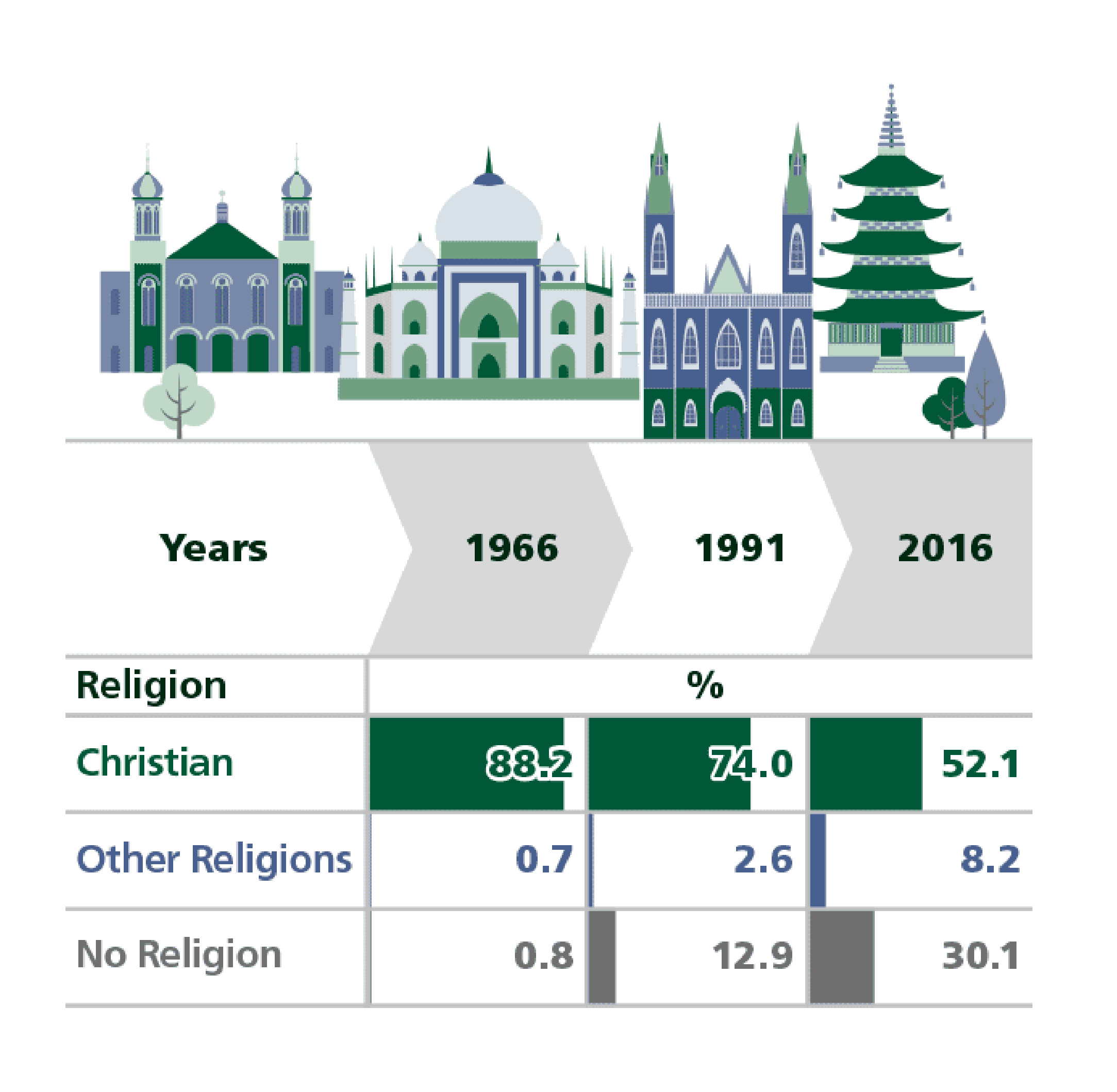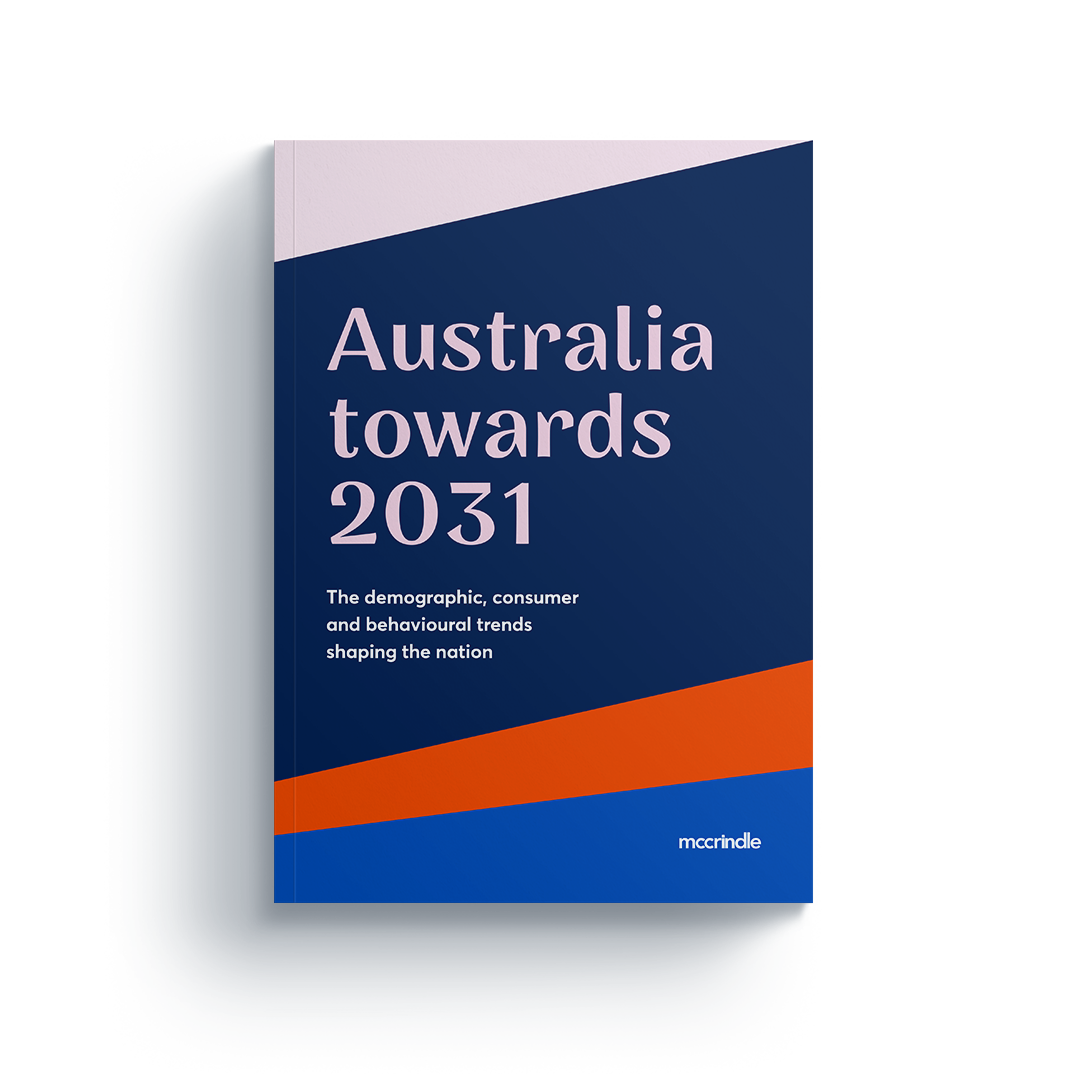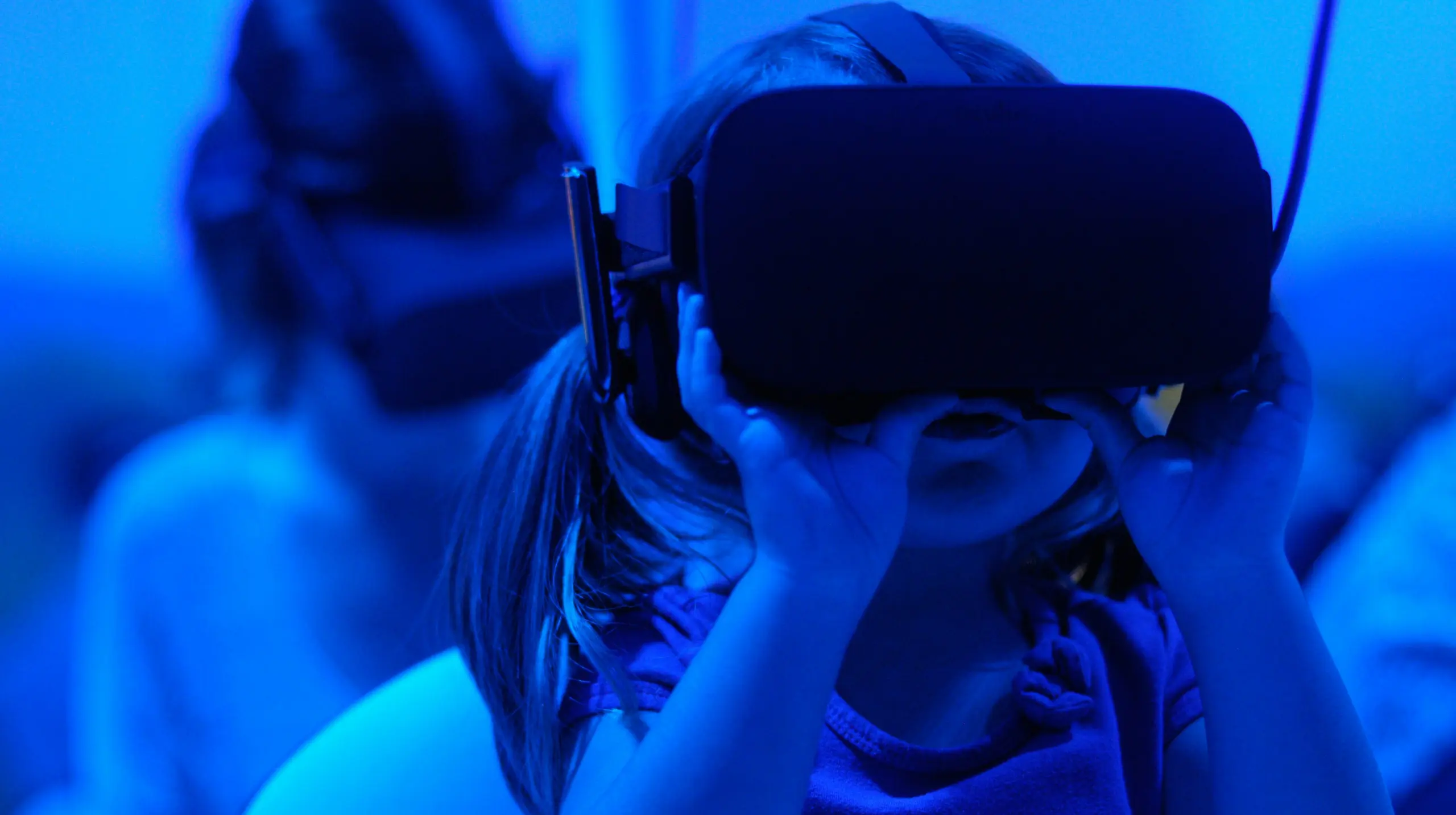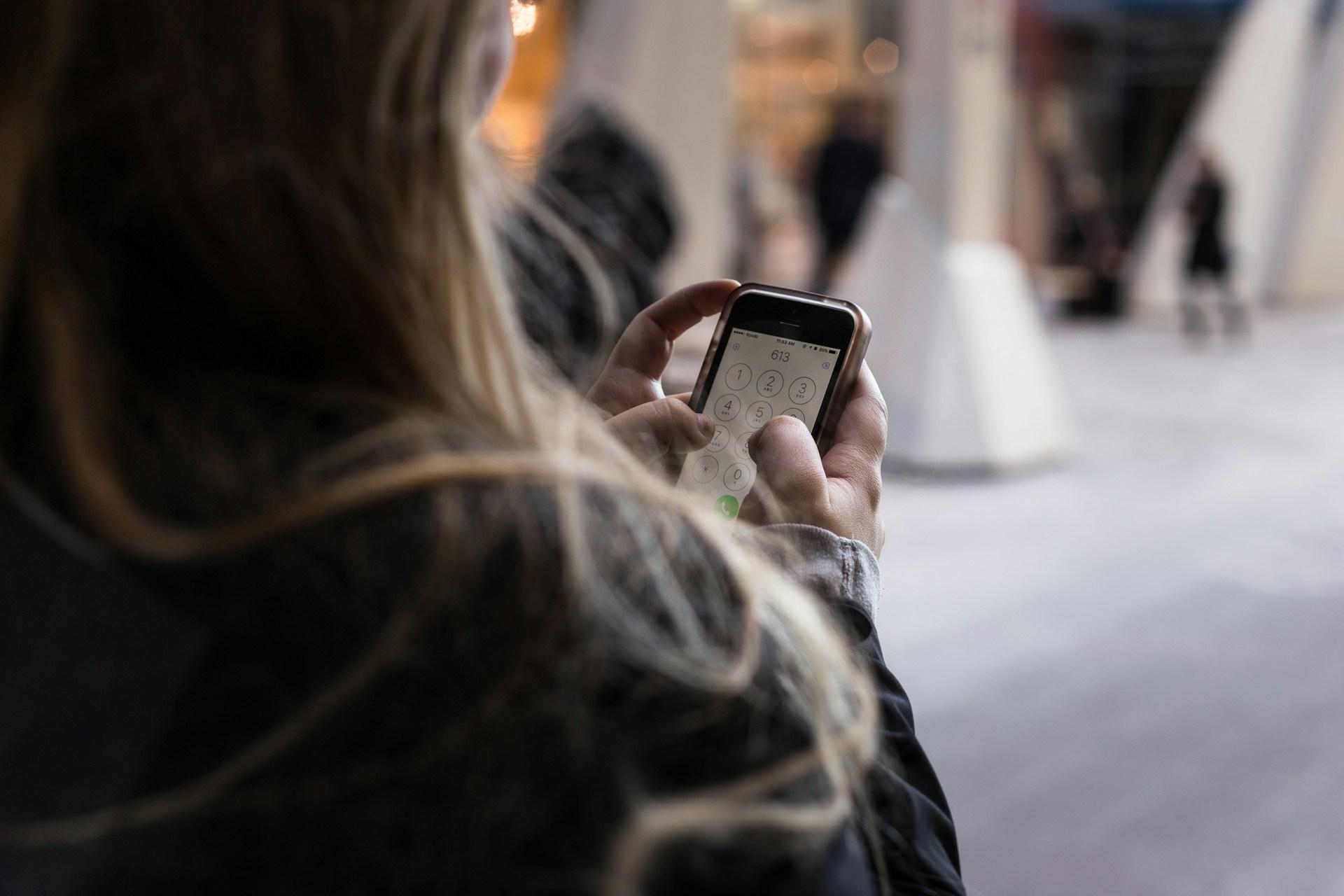Australia’s religious diversity goes hand-in-hand with her cultural diversity

With Australia’s growing cultural diversity, a growing religious diversity is inevitable. Often a contentious topic, religion can be a hot button issue.
Religion and politics, however, are core to what makes us human. It dictates morals and virtues, our worldview and what kind of society we live in.
So what do Australians believe, or say they believe?
Here are the top 5 beliefs Australians identified as in the most recent census (2016):
- Christian – 52.1%
- No religion (secular and other spiritual beliefs) – 30.1%
- Islam – 2.6%
- Buddhism – 2.4%
- Hinduism – 1.9%
Religious diversity on the rise
Australia’s religious diversity is increasing. In 1966, 50 years prior, almost nine in ten (88%) Australians identified as Christian. Compared to today’s figures (52.1%), Christianity is on the decline, even though more than half the country still identify as Christian.
On the other hand, those who professed faith of a different kind has grown from 0.7% in 1966 to 8.2% in 2016. Australians professing ‘other religions’ has grown by almost 12 times. Of Australians with secular and other spiritual beliefs (no religion) the proportion has grown from less than one percent (0.8%) to 30.1% over the same time period.
As debates around freedom of religion and freedom of speech continue, it is important to remember that with diversity of culture comes diversity of beliefs.
How our society and political system navigates these two sides of the same coin will have immense implications for Australia’s future.
For media commentary contact us on 02 8824 3422 or at [email protected]
